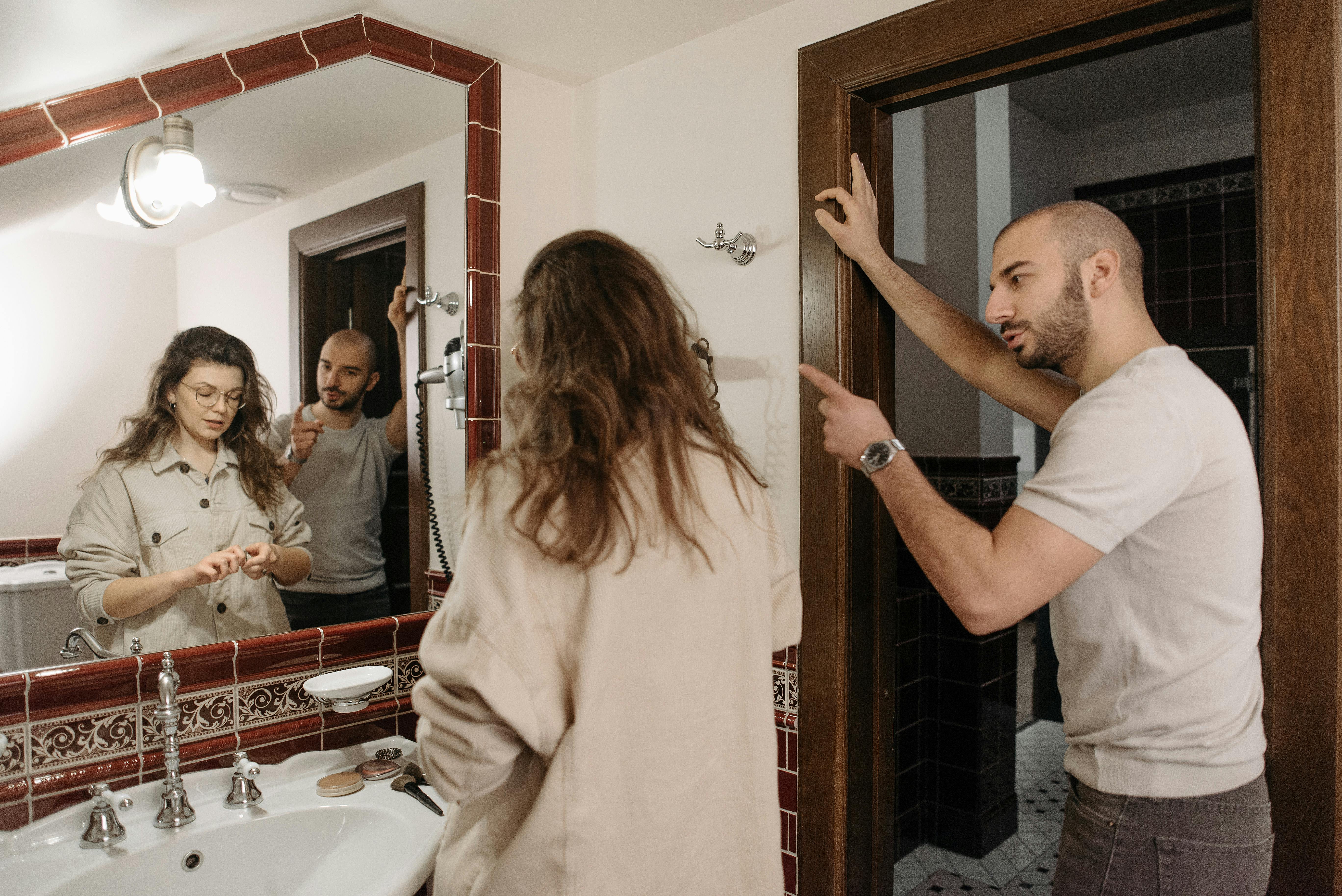
Caregiver Versus Personal Assistant – Salaries and Benefits
Are you a caregiver or personal assistant working in a home or private household? As a domestic worker, whether as a caregiver or personal assistant, are you entitled to the minimum wage? Do I pay for overtime? Other benefits?
If you are hired directly by an individual or family, your benefits are different than someone who is hired by a private company or agency and is governed by general employment laws: applicable federal and state statutes.
A live-in employee, unlike a live-out employee, is subject to the special work rules described below.
A caregiver or “caregiver” is defined in California Welfare and Institutions Code Section 15610.17 as:
“…an administrator or employee of…public or private facilities or agencies, or persons who provide care or services to the elderly or dependent adults, including support staff members and custodial staff.”
A “personal assistant” is not entitled to overtime compensation unless: (1.) he or she is an internal employee; or (2.) he or she does general household work (cleaning, cooking, feeding, dressing, or supervising) that exceeds 20% of the total work time; or (3.) performs nursing duties (checking pulse, taking temperature, administering medication) more than 20% of the total work time.
In these three cases, the domestic worker is no longer considered a “personal assistant” and is entitled to overtime pay. Otherwise, light housekeeping and kitchen duties qualify as work that is exempt from overtime compensation.
Personal Assistant as defined in CA IWC Wage Order 15:
Section 2(J) of the California Industrial Welfare Commission (IWC) Wage Order No. 15-2001 defines “personal assistant” as follows:
“‘Personal attendant’ includes babysitters and means any person employed by a private head of household or by a recognized outside employer in the health care industry to work in a private household, to supervise, feed or clothe a child or person who by reason of advanced age, physical disability or mental deficiency need supervision. The condition of ‘personal assistant’ will apply when no significant amount of work is required in addition to the above.”
In fact, the California Division of Labor Standards Enforcement (DLSE) has historically adopted the standard used in federal regulations, 29 CFR 552.6 on “companion services,” namely:
“…(T)he term ‘companion services’ shall mean those services that provide companionship, care and protection to a person who, due to advanced age or physical or mental illness, is unable to attend to their own needs. Such Services may include domestic work related to caring for the elderly or infirm, such as meal preparation, bed making, laundry, and other similar services Is incidental, i.e., does not exceed 20 percent of total hours weeks worked”.
Federal regulations, 29 CFR 552.6, supra, further clarify that:
“The term ‘companion services’ does not include services related to the care and protection of the elderly or infirm that require and are performed by trained personnel, such as registered nurses or practitioners.”
Therefore, acceptable duties of a “personal assistant” involve activities of daily living such as getting in or out of bed, showering, bathing, using the bathroom. The “supervisory” duties of a “personal assistant” would include assistance with obtaining medical care, preparing meals, purchasing personal items or groceries, using a telephone, and even managing money.
As long as the general cleaning duties performed do not exceed 20% of the weekly work time spent by a “personal assistant,” he or she is exempt from the protections of California Wage Order No. 15-2001, such as compensation for overtime, etc. , except the minimum wage. But before 2001, a classification like “personal assistant” also excluded the minimum wage in California.
This overtime compensation exemption also applies to “personal assistants” as well as other domestic workers, such as caregivers, who spend 20% or less of their work time performing general household tasks, who are employed by an agency and sent to private homes to work. .
Benefits of domestic workers:
A. Minimum Wage:
The state minimum wage covers all employees, including domestic workers (live-in employees, caregivers, and “personal assistants”), but excludes legitimate independent contractors. California’s current minimum wage is $8.00 per hour as of January 1, 2008, an increase of 6.7% over the previous minimum wage of $7.50.
There are several factors that determine whether a person is an independent contractor or not. But the main factor is the control by the employer of the means, the form and the result of the work. An independent contractor runs his own home service business, has his tools and materials, and controls the manner and outcome of the work.
Independent contractors are not covered by minimum wage and overtime compensation statutes.
B. Overtime Pay:
Domestic workers who are not internal employees, as well as “personal assistants” who perform general household tasks that exceed 20% of their weekly work time, are entitled to overtime compensation, consisting of one and a half times their regular salary. for working more than eight (8) hours in a day, or more than (40) hours in a week.
Residential employees must be paid one and one-half times the regular rate for all hours worked more than twelve (12) hours (instead of more than eight (8) hours) in a business day for five (5) days labor. On the sixth and seventh days, resident employees must be paid double the regular rate for all hours worked more than nine (9) hours per day. See California IWC Wage Order No. 15-2001 3(A)-(B) (8 Cal Code Regs. 11150(3)(A)-(B)).
Under federal law, 29 USC 213(a)(15), “any employee employed occasionally in domestic service to provide child care services or any employee employed in domestic service to provide companionship services to persons who (owing to their age or illness) are unable to fend for themselves” exemptions from minimum wage and overtime pay are granted.
C. Other benefits for domestic workers:
1. Hours and days of work:
An internal employee is entitled to at least twelve (12) consecutive hours off duty during each twenty-four (24) hour workday, and the total span of hours for a workday must not exceed twelve (12) hours, except that: (a) the employee must have at least three (3) hours off duty during the 12 hours of work; and (b) the employee who is required or permitted to work during the scheduled off-duty hours or during the 12 consecutive off-duty hours must be paid one and one-half times the regular rate of pay for all such hours worked. . See California IWC Wage Order No. 15-2001 3(A).
In addition, no internal employee shall be required to work more than five (5) days in any work week without a day off of not less than 24 consecutive hours, except in an emergency. See California IWC Wage Order No. 15-2001 3(B).
2. Rest and meal periods:
Domestic workers are entitled to a ten minute paid break for every four (4) hours of work per California IWC Wage Order No. 15-2001 12(A), and a thirty minute meal period every five (5) hours worked, like other types of employees, under California CBI Wage Order No. 15-2001 11(A).
Otherwise, the employer shall pay the employee one (1) hour of regular rate pay for each work day that the rest period or meal period is not provided. See California IWC Wage Order No. 15-2001 12(B), 11(D). But “personal attendants” are not granted rest and meal periods.
3. Deductions from wages for food and housing:
The employer may subtract meal and housing credits from the employee’s paycheck if: (a) the employee actually uses the meals and housing is provided; (b) meals and housing are used as wages to meet the minimum wage; and (c) the employee executes a written voluntary agreement, crediting meals and lodging at the minimum wage.
The meal credit can be deducted as follows: breakfast – $2.45; lunch – $3.35 and dinner – $4.50. Housing can also be credited at $31.75 per week for a room ($26.20 if shared). See California IWC Wage Order No. 15 – 2001 10(C).
In short, whether you are a caregiver or a “personal assistant” entitled to particular wages and benefits in California or other states depends on whether the general household work you perform exceeds 20% of your total work time.
(The author, Roman P. Mosqueda, practices wage and hour law in California.
This article is not legal advice and no attorney-client relationship is established with the reader. For specific employment law issues, please consult a competent attorney.)





